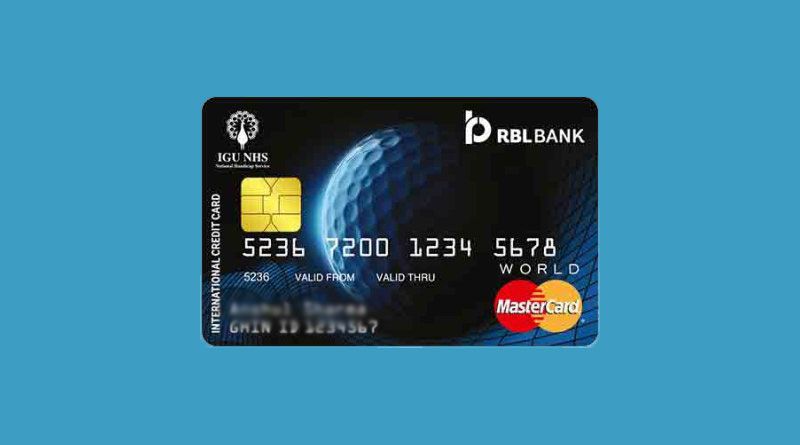Rick Steves' Secret to Bypassing Credit Card Fees While Traveling Abroad

Understanding and Avoiding Credit Card Fees When Traveling Overseas
If you've ever traveled abroad, you might have returned home to an unexpected surprise in the form of credit card fees that you didn’t anticipate. These charges can come as a shock when you see them on your statement, especially if you're on a tight budget. However, there are ways to minimize or even avoid some of these costs with proper preparation. Rick Steves, a well-known travel expert, offers valuable advice on how to navigate these hidden fees.
Preparing Before Your Trip
One of the first steps Steves recommends is to prepare before you leave home. He suggests calling your bank or credit card company to understand the specific fees associated with using your card overseas. This includes asking about international transaction fees and whether your card supports tap-to-pay technology, which is common in Europe. If your card doesn't have a PIN, it's worth requesting one, as it may be required in certain situations.
It’s also important to inform your credit card company that you'll be traveling abroad. This helps prevent your card from being flagged for fraud, which could lead to it being temporarily frozen. Additionally, Steves advises checking if your card allows for transactions in local currency rather than U.S. dollars, as this can help you avoid unnecessary fees.
Avoiding Dynamic Currency Conversion
Another key tip from Steves is to avoid dynamic currency conversion (DCC). Many merchants in Europe, including hotels, often offer to convert your purchase into U.S. dollars. While this might seem convenient, it usually comes with additional fees. Instead, always choose to pay in the local currency. The exchange rate provided by the merchant’s bank is typically less favorable than what you would get through your bank or a local ATM.
Steves also recommends noting the local currency total on your receipt before paying. If the option isn’t available, write “local currency not offered” on the receipt and inform the merchant that you will dispute the charge with your bank.
Debit Card Considerations
If you use a debit card for most of your transactions, you should still be mindful of potential fees. Similar to credit cards, it’s best to ask for the total in local currency rather than U.S. dollars. This can help you avoid the extra fees that come with currency conversion.
Using Bank ATMs
Steves strongly advises against using independent ATMs like Travelex, Euronet, Cashzone, Your Cash, and Cardpoint. These machines often charge high transaction fees, sometimes up to $5 per withdrawal. Instead, use ATMs affiliated with your bank, as they may offer better rates or even no fees at all. Before your trip, contact your bank to find out which ATMs in your destination country are partnered with them.
Avoiding Airport Currency Exchange
Exchanging U.S. dollars for foreign currency at the airport is another costly mistake. Airports typically offer poor exchange rates and may charge additional fees. It’s much more cost-effective to withdraw cash from an ATM once you arrive at your destination.
Staying Alert to Scams
No matter where you go, scams can happen. Steves highlights several red flags that indicate you might be at risk of falling victim to an ATM scam. These include suspiciously high fees, unfamiliar machines, and requests for personal information. Always stay alert and protect your financial information while traveling.
Final Tips for a Stress-Free Trip
By following these tips, you can significantly reduce the likelihood of encountering unexpected fees during your travels. Preparation is key, and understanding the fees associated with your cards and ATMs can save you money and stress. Whether you’re using a credit card or a debit card, making informed choices can help you enjoy your trip without worrying about hidden charges.

Post a Comment for "Rick Steves' Secret to Bypassing Credit Card Fees While Traveling Abroad"